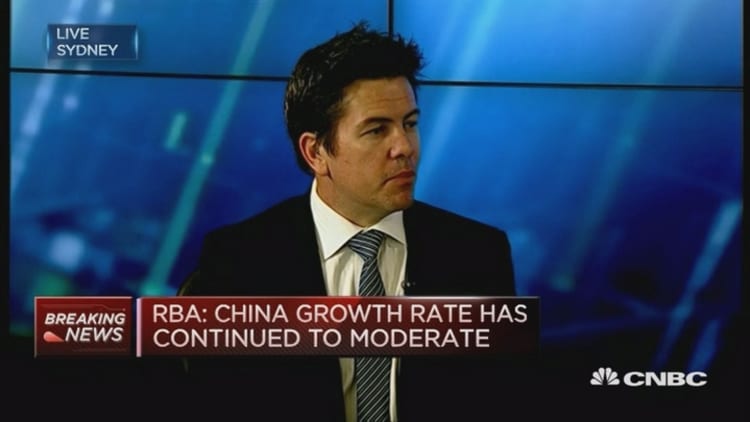A proposal by Australia's opposition party to cut generous tax breaks for retail property investors won't make housing cheaper, experts have warned.
Australia's pricey property market was the topic of much debate this month after the Labor Party's Bill Shorten proposed structural reforms to make housing more affordable. But many experts caution that Shorten's proposal would not have much impact on reducing Australia's sky-high property prices.
Speaking at the New South Wales Labor State Conference, Shorten proposed to make negative gearing available only on newly constructed homes. He also said the subsidy on capital gains tax (CGT) should be reduced from 50 percent to 25 percent.
"It has become a national sport in Australia for the very wealthy to turn their income into capital," Shorten said.
Current negative gearing rules allow buyers to borrow funds to buy a property with the expectation that the mortgage repayments will be larger than the rental income, then offset that "loss" against their taxable income - a system that makes owning real estate as an investment an attractive option. Added incentive comes from the CGT system, under which 50 percent of capital gains made on investment assets are tax free.
Shorten told the Labor conference there would be no change to the rules for existing negatively geared properties. The Property Council of Australia calculates that of the two million Australians who own an investment property, about 1.2 million use negative gearing.
These generous tax breaks have been blamed for fueling stratospheric property prices in many Australian cities, that have put owning a home out of the reach for many residents.
Various data show that housing prices in Australia have indeed gone up starkly. For example, the most recent Demographia International Housing Affordability Survey showed that Australia was second only to Hong Kong on a list of the most unaffordable places to live, with dwelling prices playing a big part in the calculation.

Demographia data for the third quarter of 2015 showed the median housing price in Sydney was 12.2 times more than the median household income. In Melbourne, the median home price was 9.7 times more than the median income. Comparatively, in Hong Kong, the median home price is 19 times more than the median income.
But some leading experts told CNBC that deterring investment purchases would not necessarily make Australian property more affordable.
Shane Oliver, head of investment strategy and chief economist at AMP Capital, pointed out that negative gearing was neither a new nor uniquely Australian phenomenon.
"Lots of other countries have various tax concessions that apply to properties," Oliver told CNBC. "For example, in the U.S., you can deduct the interest on the mortgage, which underpins the family home."
Instead, Oliver said that higher property prices were a response to poor supply over most of the past decade.
"Australia has a problem where land release is very slow and restrictive," particularly in the capital cities, he said. "There's a lot of regulation and red tape around what developers can and can't do, so I think that's the real reason why property prices are quite high."
Oliver said it made more sense to limit the dollar value of negative gearing concessions per tax payer rather than to force all investors into new housing.
"This could avoid making it harder for first-time home buyers to get a new home and avoid complications around when a new property becomes an old property for tax purposes."
Emily Dabbs from Moody's Analytics agreed, saying that "scaling back on negative gearing will have a small impact on property prices."
She said factors that had a greater influence on property investor sentiment included the country's historically low interest rates.
Dabbs added that at the same time, subdued wage growth - a knock-on effect of a slowdown in the mining sector caused slumping commodity prices - had made it more difficult for young workers to get into the property market.
However, Paul Bloxham, chief economist for Australia and New Zealand at HSBC, told CNBC by email that reform of the tax treatment for investment properties was warranted.
"The tax treatment of investment properties has been a contributor to the recent strong upswing in housing prices in Australia's major cities," he said. But, Bloxham added, "If any tax changes were only to new investment arrangements, the likely effect on the housing market would only be gradual."
Oliver cautioned, meanwhile, that changes to negative gearing and capital gains tax discount, "needs to be offset by income tax cuts."
"The Australian tax system is already highly progressive with just 17 [percent] of workers providing around 63 [percent] of the income tax revenue provided to Canberra," he said in a separate note last Friday.
"Cutting back on concessions without cutting tax rates will only see this rise acting as a further disincentive to work effort, which is the last thing Australia needs now."




